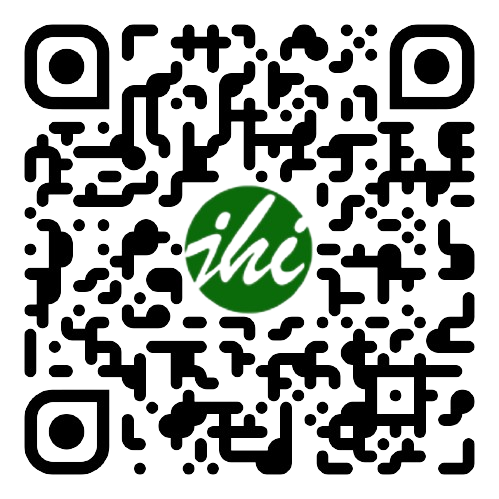Filosofi Dasar Akad Murabahah dan Mudarabah: Studi Perbandingan dalam Upaya Menggerakkan Sektor Riil
DOI:
https://doi.org/10.28918/jhi.v16i2.1744Abstract
The concept of kafaah (equality) in Islamic marriage aims to avoid the negative impact of inequality between husband and wife in terms of physical appearance, heredity, wealth, and religion. Nonetheless, the aspect of equality in various respects may trigger a negative effect; it is caste as a closed social stratification system that contradicts Islamic teachings. This present study aims to explore the problematic factors that emerge from the application of the kafaah concept and tries to reconceptualize kafaah in realizing an Islamic marriage that does not characterize a caste system. A qualitative approach was designed in this library research. The findings expose that the criteria in the concept of kafaah, excluding religion, may lead to social stratification and even discrimination in society, specifically for marital life. Consequently, it is noteworthy to re-understand the concept of kafaah, which is emphasized more on religion rather than other criteria.
Downloads
Published
How to Cite
Issue
Section
License

This work is licensed under a Creative Commons Attribution-ShareAlike 4.0 International License.
Jurnal Hukum Islam use a variety of waivers and licenses that are specifically designed for and appropriate for the treatment of data:
- Open Data Commons Attribution License, http://www.opendatacommons.org/licenses/by/1.0/(default)
- Creative Commons CC-Zero Waiver, http://creativecommons.org/publicdomain/zero/1.0/
- Open Data Commons Public Domain Dedication and License, http://www.opendatacommons.org/licenses/pddl/1-0/
Other data publishing licenses may be allowed as exceptions (subject to approval by the editor on a case-by-case basis) and should be justified with a written statement from the author, which will be published with the article.













.png)














